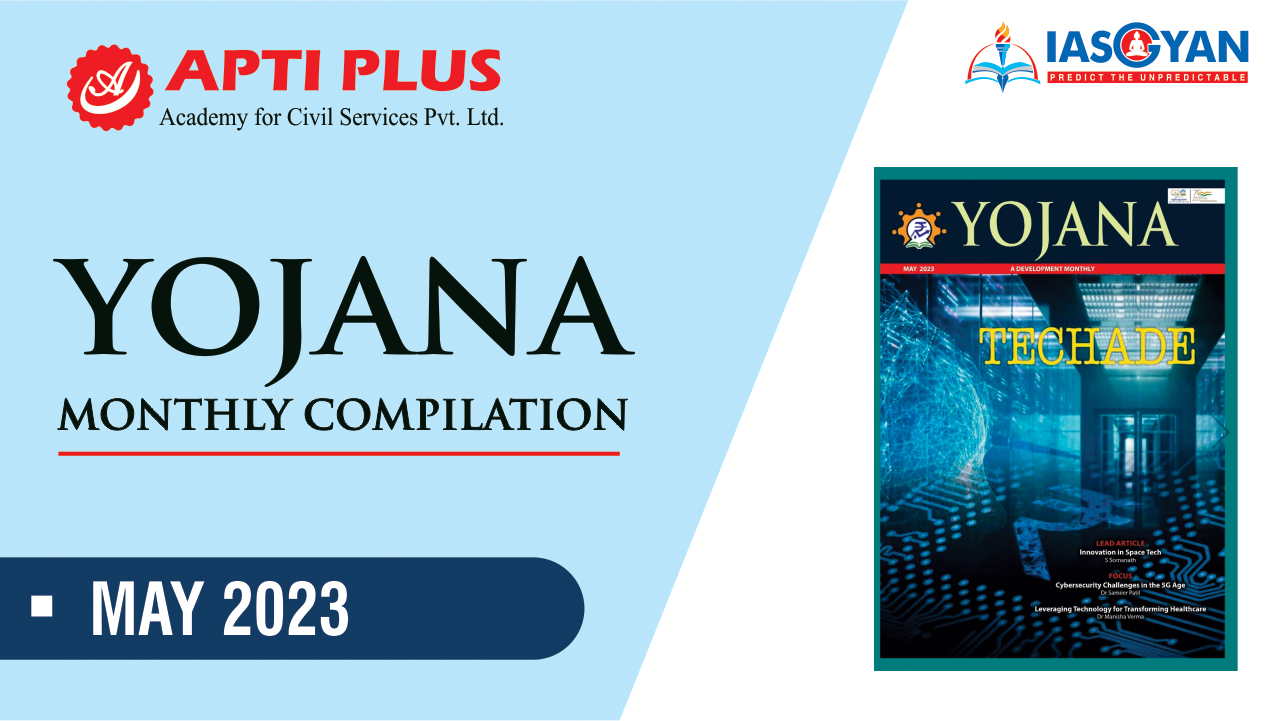Description

Copyright infringement not intended
Context: The Ministry of Housing and Urban Affairs (MoHUA) has launched a nationwide campaign ‘Meri LiFE, Mera Swachh Shehar’ (‘My Life, My Clean City’) under the aegis of the Swacch Bharat Mission – Urban 2.0 (SBM-U 2.0) to strengthen citizens’ resolve to reduce, reuse and recycle.
‘Meri LiFE, Mera Swachh Shehar’ Campaign
About
- It aims to establish ‘Reduce, Reuse, Recycle (RRR) Centres’ in cities, where citizens can contribute clothes, shoes, old books, toys and used plastic to be reused or recycled.
- The RRR Centres will serve as a one-stop solution for citizens, institutions, commercial enterprises, etc. to deposit unused or used items, which will then be given to different stakeholders to be refurbished for reuse or made into new products.
- This will help in creating a circular economy and reducing waste generation.
- The campaign will culminate on 5th June 2023 with the Pledge for LiFE, which will be undertaken by everyone on the occasion of World Environment Day as well as large-scale cleanliness drives across all cities.
Challenges
- Lack of awareness and participation among citizens about the benefits of RRR and how to access the RRR Centres.
- Lack of adequate infrastructure and facilities for collection, transportation and processing of waste items.
- Lack of coordination and collaboration among different stakeholders such as municipal corporations, NGOs, private sector, etc. involved in waste management.
- Lack of incentives and recognition for citizens and stakeholders who contribute to RRR.

Steps need to be taken
- Conducting extensive awareness campaigns through various media channels such as radio, TV, social media, etc. to inform and educate citizens about the RRR concept and the campaign objectives.
- Providing easy and convenient access to RRR Centres through online platforms such as apps or websites where citizens can locate the nearest centre and schedule a pickup or drop-off of their items.
- Strengthening the infrastructure and facilities for waste management by providing adequate funds, equipment and manpower to ensure efficient collection, transportation and processing of waste items.
- Creating a network and platform for collaboration among different stakeholders such as municipal corporations, NGOs, the private sector, etc. to share best practices, resources and innovations in waste management.
- Introducing incentives and recognition schemes for citizens and stakeholders who contribute to RRR such as certificates, awards, discounts, coupons, etc. to motivate them to continue their efforts.
Conclusion
- The campaign ‘Meri LiFE, Mera Swachh Shehar’ is a timely and relevant initiative that can help India achieve its environmental goals and become a global leader in sustainable development. By adopting the RRR principles in our daily lives, we can not only reduce our environmental footprint but also improve our quality of life.
Must Read Articles:
Swachh Bharat Mission: https://www.iasgyan.in/daily-current-affairs/swachh-bharat-mission-21
Solid Waste Management: https://www.iasgyan.in/daily-current-affairs/solid-waste-management
World Environment Day: https://www.iasgyan.in/daily-current-affairs/world-environment-day
LiFE Movement: https://www.iasgyan.in/daily-current-affairs/life-movement
|
PRACTICE QUESTION
Q. How can local-level cleanliness campaigns contribute to the vision of Swachh Bharat, or Clean India? What are the benefits and challenges of such campaigns, and what are some possible strategies to overcome them? Critically analyze with relevant examples and data.
|

https://epaper.thehindu.com/ccidist-ws/th/th_delhi/issues/36485/OPS/GCVB82IPI.1+GOJB83AME.1.html











